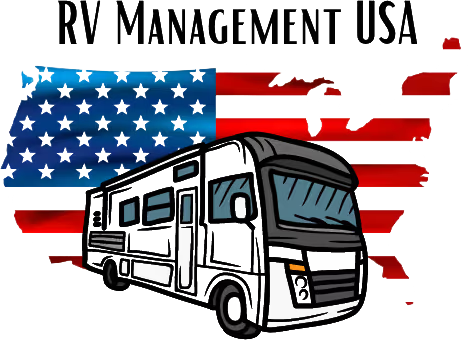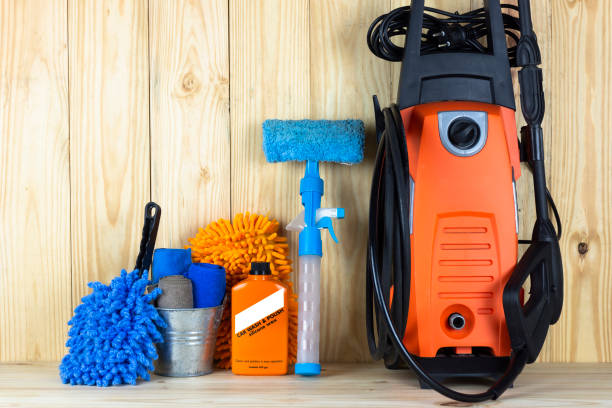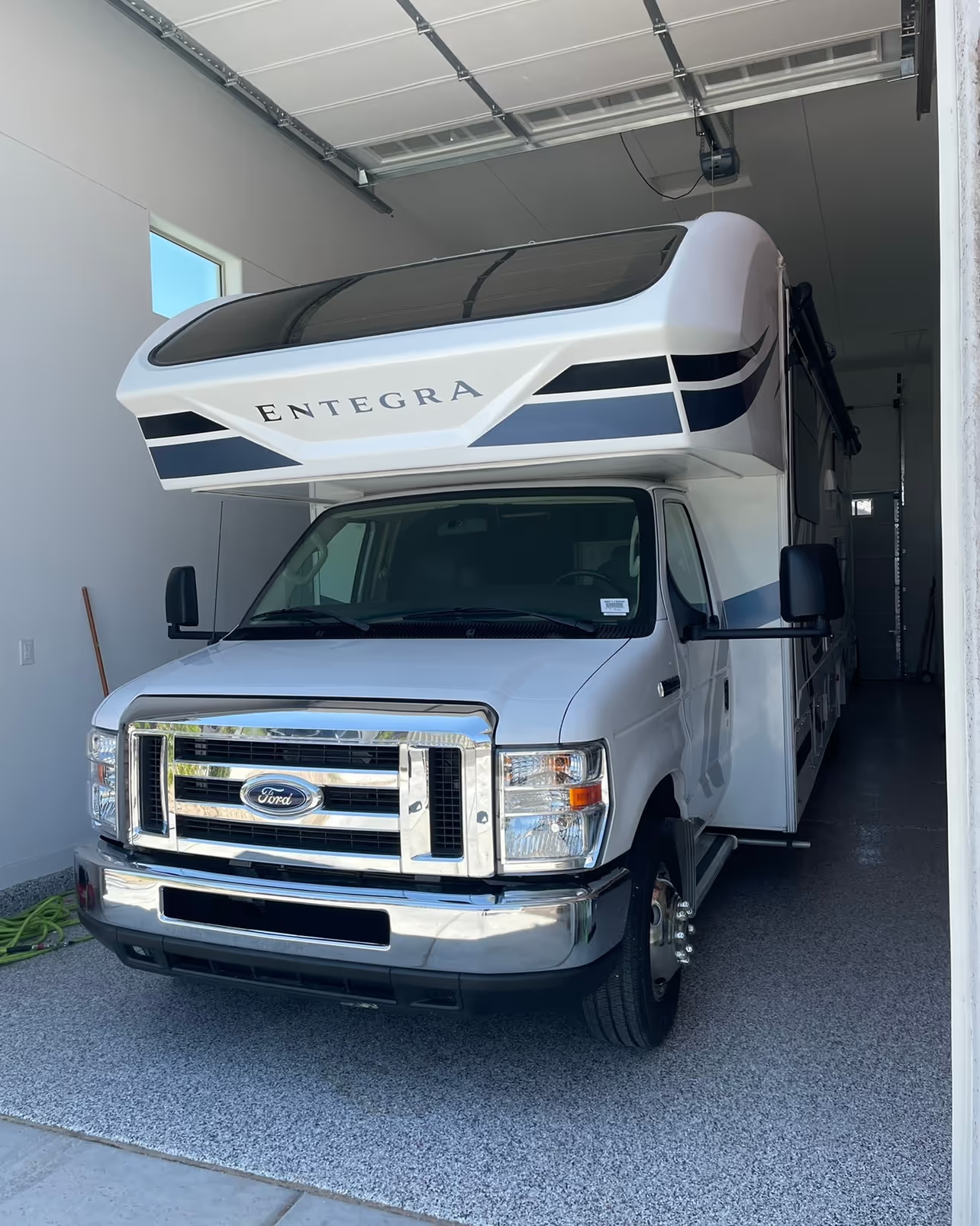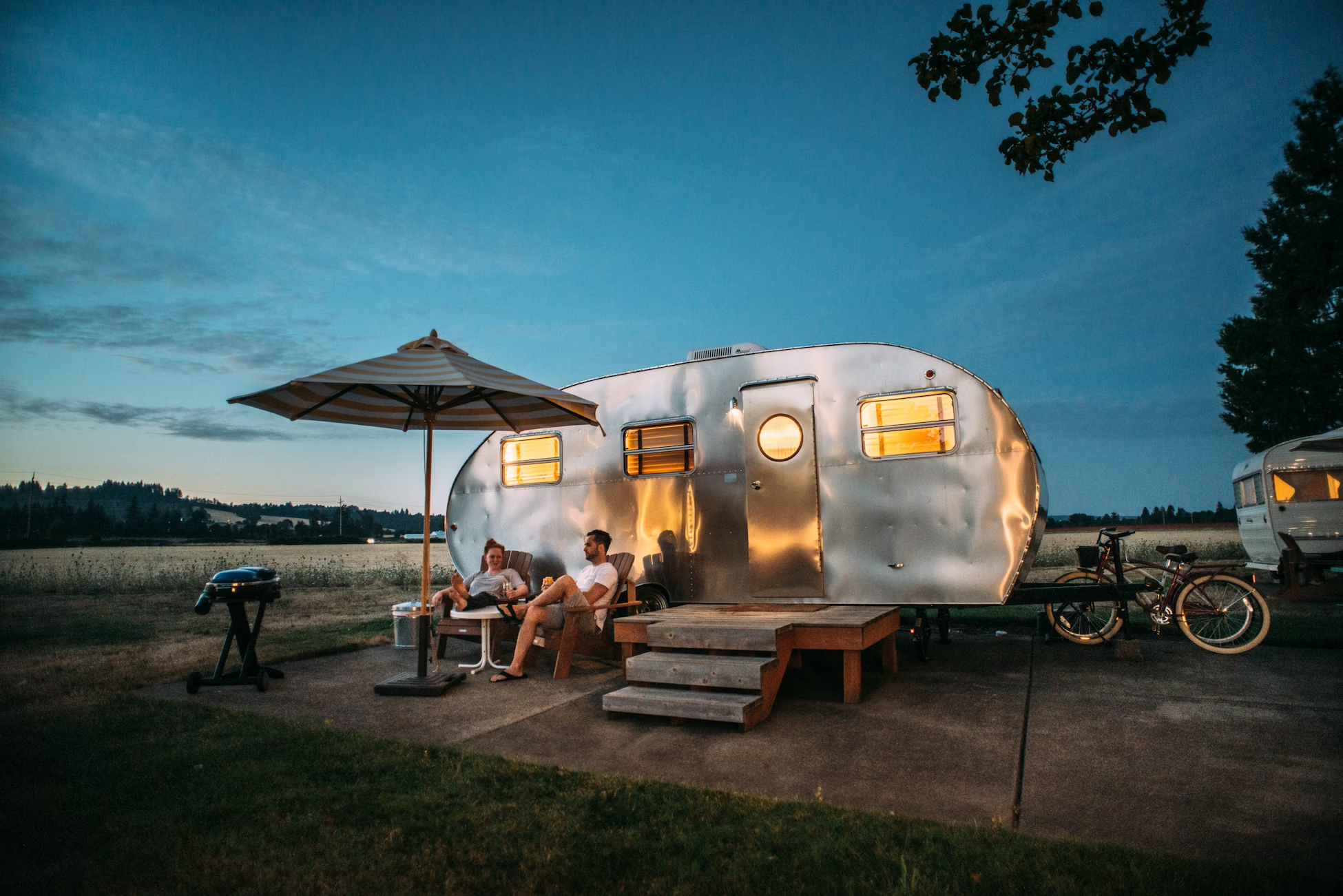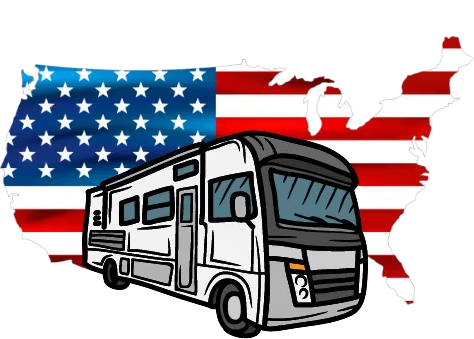Inside the Protections of RV Rental Management Programs
You’ve heard the pitch: “Turn your RV into passive income with no effort!”
It sounds amazing—until you picture the worst-case scenario:
Your RV comes back with a busted awning.
Or the upholstery is stained.
Or someone forgot to empty the black tank... again.
You’ve invested thousands (if not tens of thousands) into your RV. So it’s only fair to ask:
What happens if a renter damages your RV?
The good news? If you're part of a professional RV rental management program like RV Management USA, the answer is: you're covered.
And not just covered with vague promises—but with a clear process, commercial insurance, damage inspections, and a team that handles the entire thing for you.
Let’s break it all down so you can relax, rent with confidence, and know your RV is protected.
Accidents Happen. Professional Systems Prevent Chaos.

First, let’s be real.
Even the most well-intentioned renters can:
- Miss a turn and scrape a tree
- Overlook a latch and cause wind damage
- Spill wine on a cushion
- Misunderstand systems and overload circuits
But professional management systems are designed for exactly this.
Programs like RV Management USA assume that issues will occasionally happen, and they’ve built the tools and protections to:
- Catch problems quickly
- Handle them professionally
- Ensure you’re compensated or repaired—without stress
Step 1: Pre-Trip Documentation
Before a renter ever gets the keys, your Territory Manager (TM) performs a full inspection of your RV, noting:
- Existing dings, dents, or scratches
- Interior condition and inventory
- Tire wear, fuel levels, and tank status
- Photos of every angle and key areas
This creates a time-stamped record of your RV’s condition before the rental.
It's the RV equivalent of walking around a car rental with a clipboard—only more thorough.
This documentation ensures that you’re never held liable for pre-existing issues and gives the TM clear evidence if damage does occur.
Step 2: Full Commercial Insurance Coverage
The most important safety net? Insurance that actually works.
Every booking through RV Management USA is covered by commercial rental insurance, not your personal RV policy.
This protects your RV (and you) in the event of:
- Collision
- Liability claims
- Theft or vandalism
- Exterior and interior damage
- Storm or weather events
- Guest negligence
Unlike peer-to-peer platforms, this insurance is part of the platform infrastructure. You don’t have to apply for separate coverage or worry if a renter’s personal insurance will follow through.
Your RV is insured—period.
Step 3: Post-Trip Inspection & Documentation
When the RV is returned, your TM inspects it immediately, using the original pre-trip checklist to compare:
- Are the tires still in good shape?
- Has the mileage increased appropriately?
- Are the tanks emptied?
- Are any personal items missing or broken?
- Is the interior clean and undamaged?
They take new photos, update condition notes, and flag any issues—before the next renter steps in.
If something is damaged, they document it fully and initiate the next step.
Step 4: Filing the Damage Report
If damage is discovered:
- The TM notifies the platform and submits a damage report.
- The report includes photos, timestamps, and a written description.
- The cost of repair is estimated—either by the TM, a technician, or a local service provider.
- A claim is submitted directly to the insurance provider or damage deposit system.
As the owner, you are notified—but you are not expected to manage this process.
The platform and TM handle:
- Communication with the renter
- Coordination with the insurance provider
- Scheduling repairs or replacements
- Collecting payment or deducting from deposits
Step 5: Repair or Replacement—Handled for You

If the damage is:
- Minor (e.g., a broken latch, small tear, light scuff), your TM may handle the fix immediately and deduct the cost from the damage deposit.
- Moderate (e.g., ripped upholstery, appliance damage), it’s quoted by a professional and scheduled for repair—paid via insurance or deposit.
- Major (e.g., bodywork, accident, severe system failure), the insurance provider takes over and coordinates a full claim, just like with an auto accident.
In every case, the program’s goal is to:
- Restore your RV quickly
- Cover costs fully
- Keep your income stream active with minimal downtime
You won’t be waiting on renter apologies or begging for Venmo transfers.
Step 6: Your Payouts Continue
Even when damage occurs, your income isn’t delayed.
With RV Management USA:
- Your monthly payouts still arrive
- You are updated on repair timelines
- You receive documentation for your records
- Your RV is returned to “renter-ready” condition as quickly as possible
It’s all part of the professional service.
How This Differs from DIY Renting
If you manage your RV rentals on your own, here’s what happens when a renter damages your RV:
- You have to confront the renter directly
- You must prove the damage wasn’t pre-existing
- You hope they respond—and pay
- You file your own claim (if your personal insurance even allows it)
- You cover the cost upfront while waiting for reimbursement
- You coordinate all repairs
- Your RV sits idle while you deal with it
This is where many DIY owners get burned. What looked like easy money turns into a part-time headache with legal exposure.
With rental management?
You’re shielded, supported, and served.
Common Damage Examples and How They're Handled

Bonus Layer: Renter Reviews and Repeat Filtering
One underrated benefit of managed programs?
Bad renters get filtered out over time.
After each trip, renters are:
- Reviewed and scored internally
- Flagged for future approval or rejection
- Provided with onboarding feedback
This means the quality of renters improves over time, making incidents less likely as your RV becomes a favorite for repeat guests.
Final Thoughts
So, what happens if a renter damages your RV?
If you’re in a full-service RV rental management program like RV Management USA:
- You’re covered by insurance
- You’re backed by a team of professionals
- You’re protected by pre- and post-trip documentation
- You avoid confrontation, coordination, and confusion
- You get back on the road (and back to earning) fast
It’s not about avoiding all damage—because no system is perfect.
It’s about having the right protections in place so you never carry the burden alone.
That’s what smart rental programs are built for.
